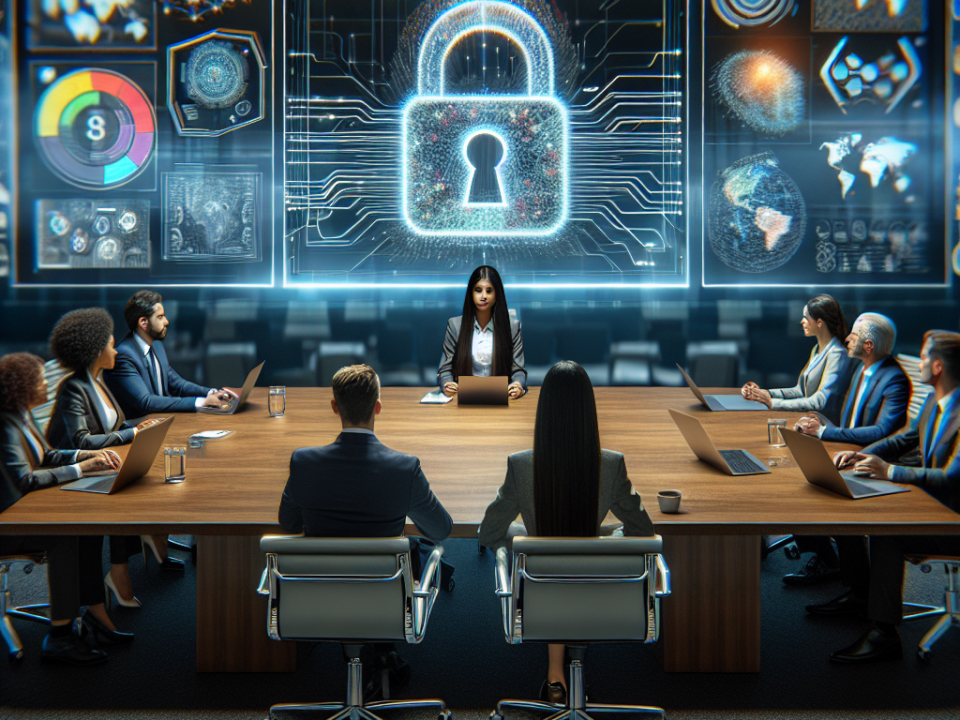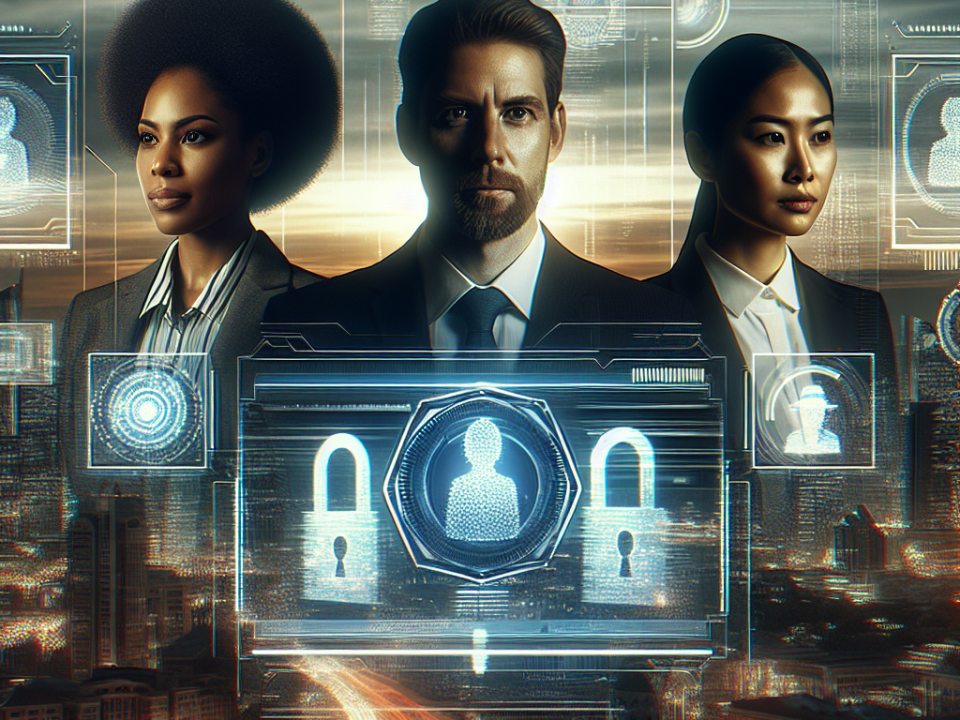
Preparing for Audits: Best Practices for Regulatory Cybersecurity Compliance
August 10, 2025
Feel free to mix and match elements or adjust as necessary for your audience!
August 11, 2025
As businesses grow and evolve, so do their security needs. In an era marked by increasing cyber threats and data privacy regulations, organizations must adopt robust security postures to safeguard their assets and maintain trust. However, small and mid-sized businesses (SMBs) often face challenges in hiring full-time Chief Information Security Officers (CISOs) due to budgetary constraints, making the role of virtual Chief Information Security Officers (vCISOs) increasingly relevant. This article explores how vCISOs are pivotal in scaling security in growing companies.
Understanding the vCISO Model
A vCISO is an external expert who provides strategic security leadership to organizations on a part-time or contractual basis. Unlike traditional CISOs, vCISOs can cater to multiple clients simultaneously, giving businesses access to high-level security strategy without the expense of maintaining a full-time executive. They offer a wealth of experience, having worked across various industries and addressing diverse security challenges.
The Advantages of Engaging a vCISO
-
Cost-Effectiveness:
Hiring a full-time CISO can be a significant financial commitment, particularly for SMBs. vCISOs provide a cost-efficient alternative, allowing companies to leverage expert security guidance without the burden of salary, benefits, and operational costs. -
Scalability and Flexibility:
As companies grow, their security needs evolve. vCISOs offer flexible services that can match the changing demands of the organization. Whether a business needs help developing a security framework, conducting risk assessments, or managing compliance, a vCISO can scale their involvement accordingly. -
Access to Expertise:
Many vCISOs have extensive backgrounds in various sectors, including finance, healthcare, and technology. This vast experience allows them to provide tailored security solutions that are not only efficient but also contextually relevant to different industries. -
Strategic Guidance:
A vCISO does more than just implement security measures—they also help develop cybersecurity strategies that align with overall business goals. By working closely with executive teams, vCISOs ensure that security is integrated into every aspect of the organization. - Staying Ahead of Threats:
Cyber threats are constantly evolving. vCISOs dedicate their time to staying updated on the latest trends, technologies, and threat landscapes. Their ongoing research and threat intelligence enable them to implement proactive strategies, minimizing the chances of breaches.
Key Responsibilities of a vCISO
The role of a vCISO encompasses several critical responsibilities that contribute to the overall security posture of an organization:
-
Risk Assessment:
Conducting comprehensive security assessments to identify vulnerabilities and potential threats to the organization’s assets. -
Policy Development:
Creating and updating security policies, procedures, and guidelines to ensure compliance with industry standards and regulations. -
Incident Response Planning:
Developing and testing incident response plans to ensure that the organization can efficiently respond to and recover from security incidents. -
Employee Training and Awareness:
Implementing training programs that educate employees on cybersecurity best practices and the importance of adherence to security protocols. -
Vendor Management:
Assessing third-party vendors to ensure that they meet the organization’s security requirements and do not introduce additional risks. - Compliance Management:
Ensuring that the organization complies with relevant regulations (GDPR, HIPAA, PCI-DSS, etc.) and industry standards, which is vital for avoiding legal penalties and reputational damage.
The Future of vCISOs in the Business Landscape
As businesses become increasingly reliant on digital technologies, the demand for vCISOs is likely to grow. Companies seeking to enhance their security posture while remaining agile and cost-effective will find this model particularly appealing.
In conclusion, as companies scale, so too must their approach to security. The integration of a vCISO can facilitate continuous improvement in security practices, helping organizations stay resilient against evolving threats. By leveraging the expertise of a vCISO, growing companies can not only protect their assets but also foster a culture of security that permeates their operations. As the cybersecurity landscape continues to evolve, engaging a vCISO will prove to be an essential strategy for sustainable business growth and security.







